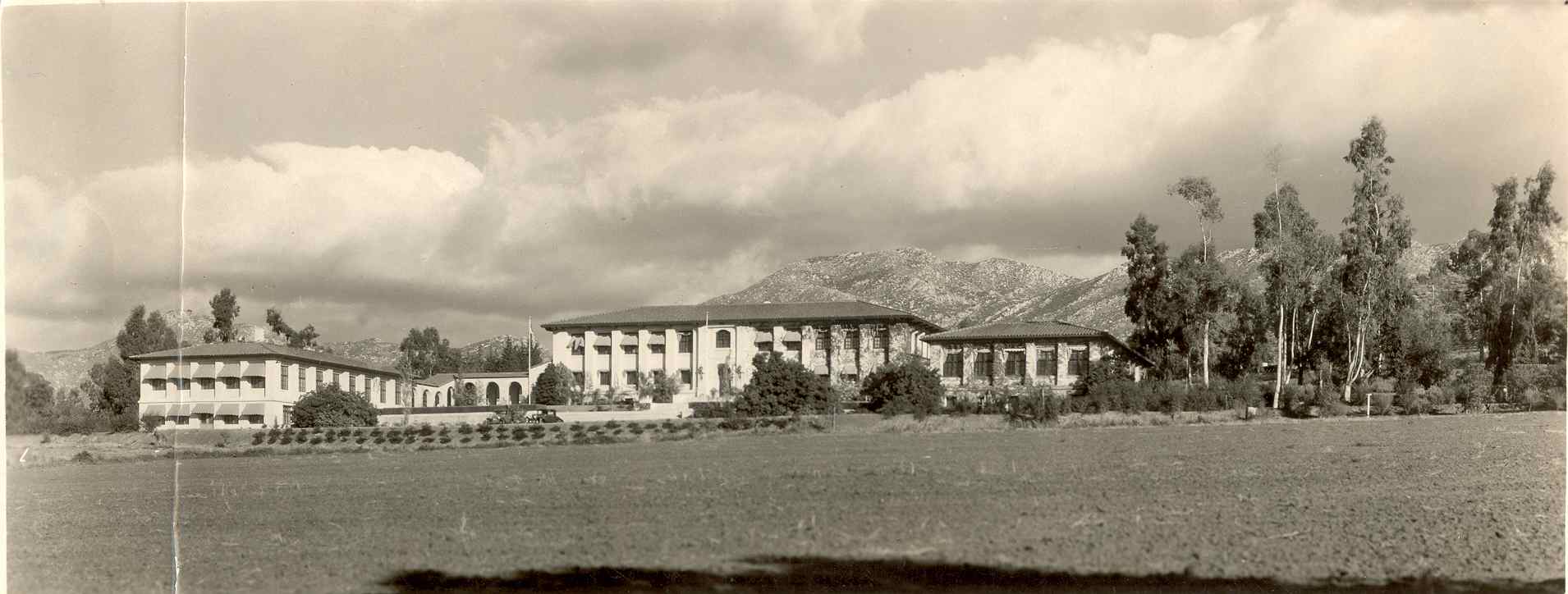Our Mission
The department of Microbiology and Plant Pathology at the University of California, Riverside is committed to conducting research on the basic biology of plant pathogens and microbes; developing methods for the management of plant and microbiological diseases of organisms; providing a quality education to its students; and, providing expert advice on plant diseases and microbiology to the citizens of California and the world.
Microbiology and Plant Pathology are multidisciplinary fields. Consequently, represented among our faculty are experts in the fields of genetics, genomics, cell biology, molecular biology, biochemistry, ecology, evolutionary biology and bioinformatics, as well as more traditional aspects of disease control. Their research programs range from those based primarily in the laboratory to those with substantial field components. Many faculty also have close interactions with agricultural commodities, industry representatives, growers, and farm advisors throughout California and the world. This is critical to applied research for identifying and controlling both emerging and established plant diseases.
Our graduate programs are key components of our department's activities. Many graduate students have been attracted to Riverside by our international reputation. The Department is large enough to provide graduate students with the experience and skills needed to make them successful in scientific endeavors, but small enough for them to form close personal relationships with their professors and colleagues. Graduates may find themselves working for large agribusiness firms developing new fungicides; biotechnology firms using genetic engineering to create disease-resistant plants or microbial factories; universities developing tomorrow's agricultural technology or studying how microorganisms cause diseases, or at governmental agencies or private organizations providing practical advice on control or diagnosis of disease.
History
Research in plant pathology began in Southern California in 1905 when the state legislature voted to establish a pathology laboratory and branch agricultural experiment s tation directed by Ralph E. Smith at Whittier and on the eastern slope of Mt. Rubidoux in Riverside. The operations in Riverside were moved to what today is UCR when the UC Regents agreed to establish the Citrus Experiment Station and Graduate School of Tropical Agriculture in 1913, with Herbert J. Webber as the first director. Webber instituted six divisions, including Plant Pathology. James T. Barrett and Howard S. Fawcett joined as faculty, with Fawcett later assuming leadership and enjoying a long tenure that saw an expansion in both teaching (at the UCLA campus) and research topics, including diseases of avocados, ornamentals, vegetables and other crops. Leo J. Klotz became chair in 1946, upon the retirement of Fawcett. The University of California, Riverside was officially established in 1954. John T. Middleton succeeded Klotz as chair in 1957. In 1961, graduate and undergraduate degrees in Plant Pathology were instituted at Riverside. In 1963, James B. Kendrick became chair, and in 1964, the department severed ties with UCLA, becoming a UCR-specific department.
Since its inception almost 100 years ago, the Department of Microbiology and Plant Pathology has conducted cutting-edge research in plant diseases, provided advice on disease problems to farm advisors and growers through the cooperative extension, and trained numerous students for careers in agriculture. In 2017, the department changed its name to Microbiology and Plant Pathology, to reflect the broadening mission of the faculty in teaching and research in both Plant Pathology and subdisciplines of Microbiology. Department faculty occupy key leadership positions in the graduate programs in Microbiology and Plant Pathology and in the undergraduate Microbiology major.
Reference: The Centennial Record of the University of California, Regents of the University of California, 1967.

